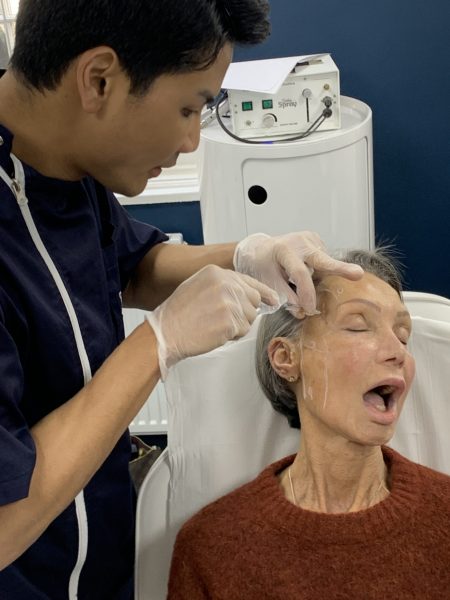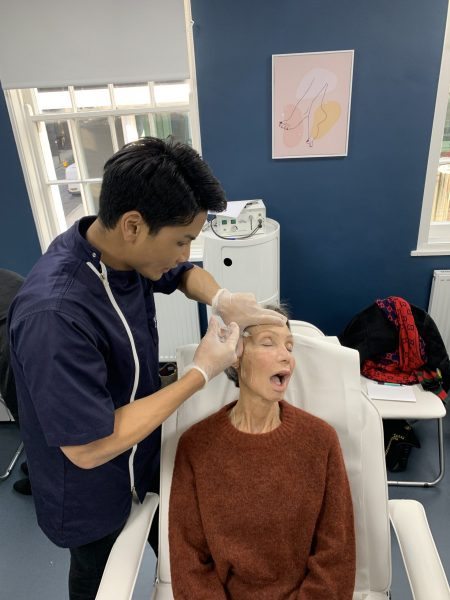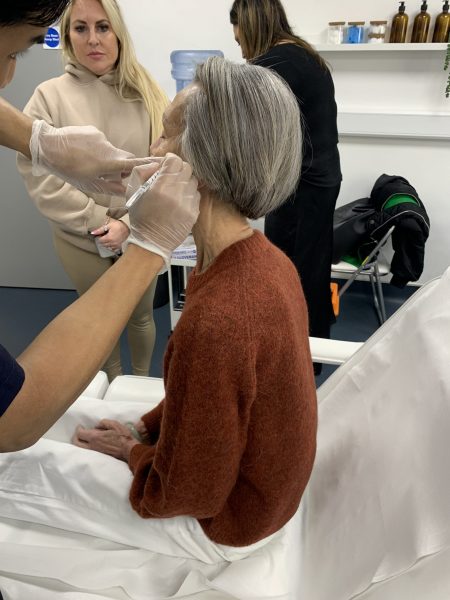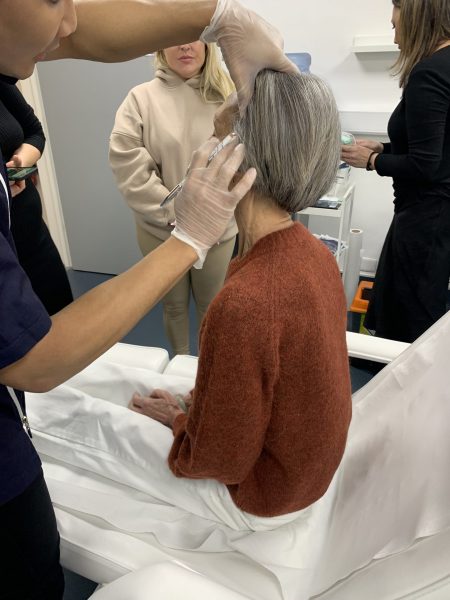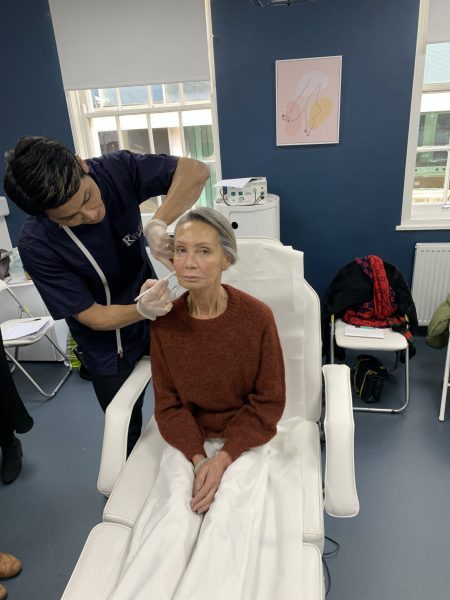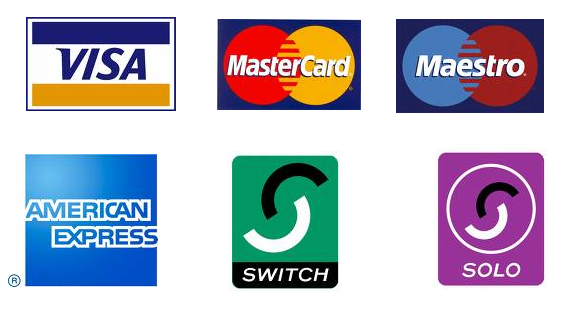Address
London, Wimbledon View mapCategories
MasterclassBasic Injectable Techniques for Non-Medical Professionals
Course Objective
To provide a foundational understanding of injectable procedures, ensuring safe practice and proper knowledge for administering injectables under supervision or in legally permissible settings.
Target Audience
Non-medical professionals (e.g., aestheticians, beauty therapists, Dental nurses & etc.) interested in understanding injectables for cosmetic purposes.
Modules
Module 1: Introduction to Injectable Procedures
Duration: 1 hour
- Overview of Injectables in Aesthetics
- History and evolution of injectable treatments
- Popular injectables (e.g., Botox, dermal fillers)
- The role of injectables in aesthetic medicine
- Types of Injectable Procedures
- Neuromodulators (Botox, Dysport)
- Dermal Fillers (Hyaluronic acid, Calcium Hydroxylapatite)
- Vitamin injections (e.g., B12, lipotropic)
- Legal Considerations and Boundaries
- Overview of local laws and regulations
- Scope of practice for non-medical professionals
- Importance of working under a licensed medical professional’s supervision
- Consent and confidentiality
Module 2: Anatomy Basics for Injectables
Duration: 2 hours
- Introduction to Facial Anatomy
- Basic facial muscles and skin layers
- Understanding key areas for injectable treatments (e.g., forehead, crow’s feet, nasolabial folds, lips)
- Identifying nerves, arteries, and veins to avoid complications
- Anatomy of the Skin and Tissues
- Skin layers and their relevance to injectables
- Role of connective tissue, fat pads, and dermis in the injectable process
- Understanding aging signs and how injectables help (wrinkles, volume loss)
Module 3: Injectable Materials and Tools
Duration: 2 hours
- Types of Injectable Materials
- Overview of popular injectables: Botox, dermal fillers, etc.
- Differences in injectables: Semi-permanent vs. temporary results
- Reactions and side effects (mild vs. severe)
- Essential Tools for Injectable Procedures
- Syringes, needles, cannulas: Sizes, types, and when to use each
- Safety equipment: Gloves, masks, and sanitation protocols
- Sterilization and hygiene standards
Module 4: Preparation and Injection Techniques
Duration: 3 hours
- Preparing for the Injection
- Proper patient consultation and assessment
- Review of medical history and contraindications
- Marking areas for injection
- Patient positioning
- Injection Techniques
- Basic injection techniques for dermal fillers and neuromodulators
- Understanding depth and angle of injection
- Using the correct pressure and speed for injections
- Needle handling techniques (avoiding damage or injury)
- Practical Demonstration (Live or Video Demonstration)
- Step-by-step procedure for Botox and filler injections
- Hands-on practice with supervision (if allowed by local law)
Module 5: Safety Protocols and Aftercare
Duration: 1.5 hours
- Safety and Risk Management
- Preventing and managing common side effects (swelling, bruising)
- Identifying red flags: Infections, allergic reactions, etc.
- Emergency response procedures (e.g., anaphylaxis, hyaluronic acid reversal)
- Sterile techniques to avoid infection
- Aftercare for Clients
- Post-injection instructions (dos and don’ts)
- Managing bruising and swelling
- Recommended treatments and follow-up care
- Managing patient expectations and dealing with complications
Module 6: Ethical Considerations and Client Interaction
Duration: 1 hour
- Client Consultation and Communication
- Effective communication for informed consent
- Setting realistic expectations and addressing concerns
- Confidentiality and maintaining a professional demeanor
- Ethical Considerations
- Understanding professional ethics in cosmetic injectables
- Avoiding over-treatment and recognizing client limitations
- Maintaining boundaries and respecting client autonomy
Module 7: Practical Examination and Certification
Duration: 2 hours
- Theory Exam
- Multiple-choice or short-answer test covering all modules
- Practical Exam
- Demonstration of correct technique with dummy models or under supervision (if legally allowed)
- Course Feedback and Certification
- Provide constructive feedback
- Certification of completion (based on assessment)
Course Materials
- PowerPoint presentations
- Video tutorials and demonstrations
- Written handouts with anatomy charts and injectable guides
- Printable aftercare guides
Delivery Methods
- In-Person: Hands-on training, live demonstrations, and interaction.
- Online (for theory): Recorded videos, reading materials, and virtual demonstrations.
- Hybrid: A combination of online theory and in-person practical training.
Learning Outcomes
By the end of this course, participants will be able to:
- Understand the basic principles behind injectable treatments and their types.
- Identify facial anatomy relevant to injectables.
- Prepare patients and administer injections safely under supervision.
- Adhere to legal, ethical, and safety standards.
- Provide aftercare instructions to clients.
Post-Course Support
- Access to a forum for questions and peer support
- Periodic updates on industry best practices and new techniques
- Opportunity for further training or advanced courses
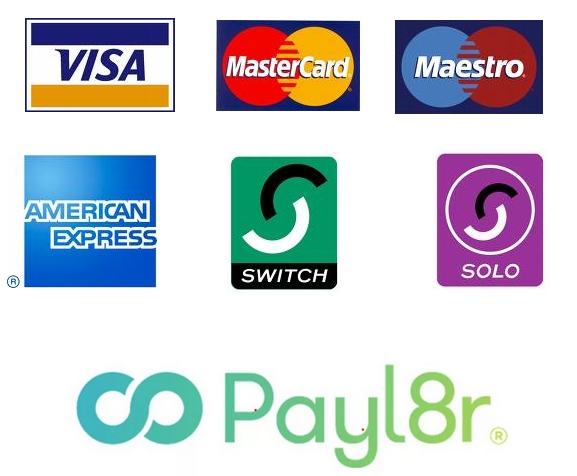
Course Information:
Modules
Module 1: Introduction to Injectable Procedures
Duration: 1 hour
- Overview of Injectables in Aesthetics
- History and evolution of injectable treatments
- Popular injectables (e.g., Botox, dermal fillers)
- The role of injectables in aesthetic medicine
- Types of Injectable Procedures
- Neuromodulators (Botox, Dysport)
- Dermal Fillers (Hyaluronic acid, Calcium Hydroxylapatite)
- Vitamin injections (e.g., B12, lipotropic)
- Legal Considerations and Boundaries
- Overview of local laws and regulations
- Scope of practice for non-medical professionals
- Importance of working under a licensed medical professional’s supervision
- Consent and confidentiality
Module 2: Anatomy Basics for Injectables
Duration: 2 hours
- Introduction to Facial Anatomy
- Basic facial muscles and skin layers
- Understanding key areas for injectable treatments (e.g., forehead, crow’s feet, nasolabial folds, lips)
- Identifying nerves, arteries, and veins to avoid complications
- Anatomy of the Skin and Tissues
- Skin layers and their relevance to injectables
- Role of connective tissue, fat pads, and dermis in the injectable process
- Understanding aging signs and how injectables help (wrinkles, volume loss)
Module 3: Injectable Materials and Tools
Duration: 2 hours
- Types of Injectable Materials
- Overview of popular injectables: Botox, dermal fillers, etc.
- Differences in injectables: Semi-permanent vs. temporary results
- Reactions and side effects (mild vs. severe)
- Essential Tools for Injectable Procedures
- Syringes, needles, cannulas: Sizes, types, and when to use each
- Safety equipment: Gloves, masks, and sanitation protocols
- Sterilization and hygiene standards
Module 4: Preparation and Injection Techniques
Duration: 3 hours
- Preparing for the Injection
- Proper patient consultation and assessment
- Review of medical history and contraindications
- Marking areas for injection
- Patient positioning
- Injection Techniques
- Basic injection techniques for dermal fillers and neuromodulators
- Understanding depth and angle of injection
- Using the correct pressure and speed for injections
- Needle handling techniques (avoiding damage or injury)
- Practical Demonstration (Live or Video Demonstration)
- Step-by-step procedure for Botox and filler injections
- Hands-on practice with supervision (if allowed by local law)
Module 5: Safety Protocols and Aftercare
Duration: 1.5 hours
- Safety and Risk Management
- Preventing and managing common side effects (swelling, bruising)
- Identifying red flags: Infections, allergic reactions, etc.
- Emergency response procedures (e.g., anaphylaxis, hyaluronic acid reversal)
- Sterile techniques to avoid infection
- Aftercare for Clients
- Post-injection instructions (dos and don’ts)
- Managing bruising and swelling
- Recommended treatments and follow-up care
- Managing patient expectations and dealing with complications
Module 6: Ethical Considerations and Client Interaction
Duration: 1 hour
- Client Consultation and Communication
- Effective communication for informed consent
- Setting realistic expectations and addressing concerns
- Confidentiality and maintaining a professional demeanor
- Ethical Considerations
- Understanding professional ethics in cosmetic injectables
- Avoiding over-treatment and recognizing client limitations
- Maintaining boundaries and respecting client autonomy
Module 7: Practical Examination and Certification
Duration: 2 hours
- Theory Exam
- Multiple-choice or short-answer test covering all modules
- Practical Exam
- Demonstration of correct technique with dummy models or under supervision (if legally allowed)
- Course Feedback and Certification
- Provide constructive feedback
- Certification of completion (based on assessment)
Course Materials
- PowerPoint presentations
- Video tutorials and demonstrations
- Written handouts with anatomy charts and injectable guides
- Printable aftercare guides
Delivery Methods
- In-Person: Hands-on training, live demonstrations, and interaction.
- Online (for theory): Recorded videos, reading materials, and virtual demonstrations.
- Hybrid: A combination of online theory and in-person practical training.
